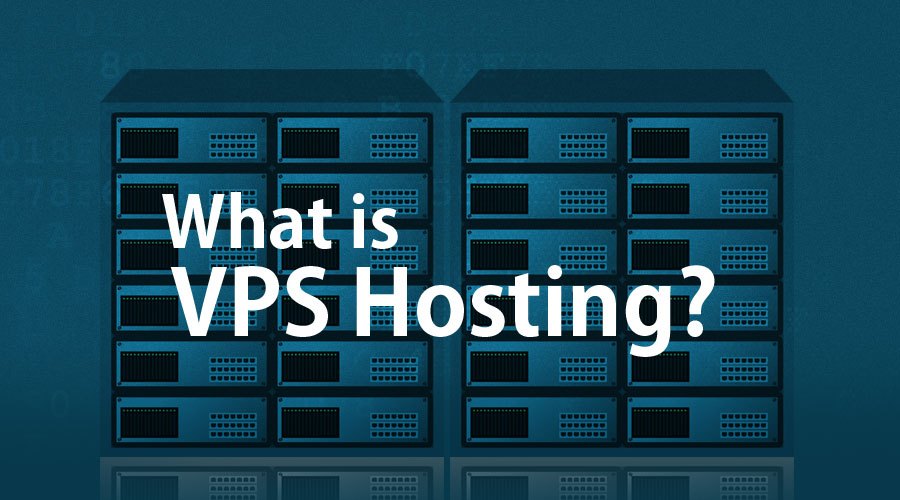Regular backups are crucial for any business or individual who wants to safeguard their data and ensure that it is not lost in case of system failure, cyber-attacks, or other unforeseen events. In this article, we will discuss the top four reasons why regular backups are paramount. We will also explore some uncommon terminology that can help you better understand the importance of backups.
Data Loss
First and foremost, regular backups prevent data loss. Data loss refers to the loss of data due to various reasons such as hardware failure, software errors, malware, or cyber-attacks. Data loss can be catastrophic, and it can cripple your business or personal life. In fact, according to a study by EMC, businesses lose up to $1.7 trillion annually due to data loss. Regular backups can help prevent data loss by creating multiple copies of your data. This ensures that if one copy is lost, you can always restore your data from another copy.
The terminologies related to data loss are “catastrophic failure,” “data corruption,” and “digital death.” Catastrophic failure refers to a complete system crash that cannot be repaired. Data corruption is the damage to data that results in errors or loss of integrity. Digital death is the loss of data that is irreplaceable, such as family photos and other sentimental items.

Downtime
Regular backups can also help prevent downtime. Downtime refers to the period when your system or website is unavailable. Downtime can be caused by various factors such as hardware failure, system maintenance, cyber-attacks, and software errors. Downtime can have a significant impact on your business or personal life, particularly if you rely on your system for critical operations. Regular backups can help minimize downtime by allowing you to restore your data quickly. This ensures that your system is up and running again within a short period.
The terminologies related to downtime are “mean time to repair” (MTTR), “service level agreement” (SLA), and “recovery time objective” (RTO). MTTR is the average time it takes to repair a system. SLA is a contract between a service provider and a customer that defines the level of service to be provided. RTO is the maximum time in which a system must be restored after downtime.

Security Breaches
Regular backups can also help protect your data from security breaches. Security breaches refer to unauthorized access, theft or corruption of data by hackers or cybercriminals. Security breaches can be devastating and can cause significant damage to your business or personal life. Regular backups can help protect your data from security breaches by creating redundant copies of your data. This ensures that if one copy is compromised, you can always restore your data from another copy.
The terminologies related to security breaches are “zero-day attack,” “man-in-the-middle attack,” and “phishing attack.” A zero-day attack refers to a cyber-attack that exploits a vulnerability in a system or software before the vulnerability is known and fixed. A man-in-the-middle attack is a type of cyber-attack where the attacker intercepts communication between two parties. A phishing attack is a type of cyber-attack where the attacker tricks the victim into revealing sensitive information such as passwords and credit card details.

Legal Compliance
Regular backups are also essential for legal compliance. Various regulations, such as HIPAA, GDPR, and CCPA, require organizations to ensure the security and confidentiality of their data. Failure to comply with these regulations can result in significant fines and reputational damage. Regular backups can help organizations comply with these regulations by ensuring that their data is backed up and encrypted. This ensures that their data is secure and confidential.
The terminologies related to legal compliance are “data retention policy,” “privacy policy,” and “compliance audit.” A data retention policy is a policy that defines how long data must be retained. A privacy policy is a policy that describes how an organization collects, uses, and shares personal information. A compliance audit is an audit that ensures that an organization complies with relevant regulations.

Conclusion
In conclusion, regular backups are essential for protecting your data from various threats such as data loss, downtime, security breaches, and legal non-compliance. By understanding the terminologies related to each of these threats, you can better appreciate the importance of regular backups. Ensure that you choose a reliable backup solution that meets your specific needs. Remember to test your backups regularly to ensure that they can be restored quickly in case of a disaster. With regular backups, you can rest assured that your data is safe and secure.
